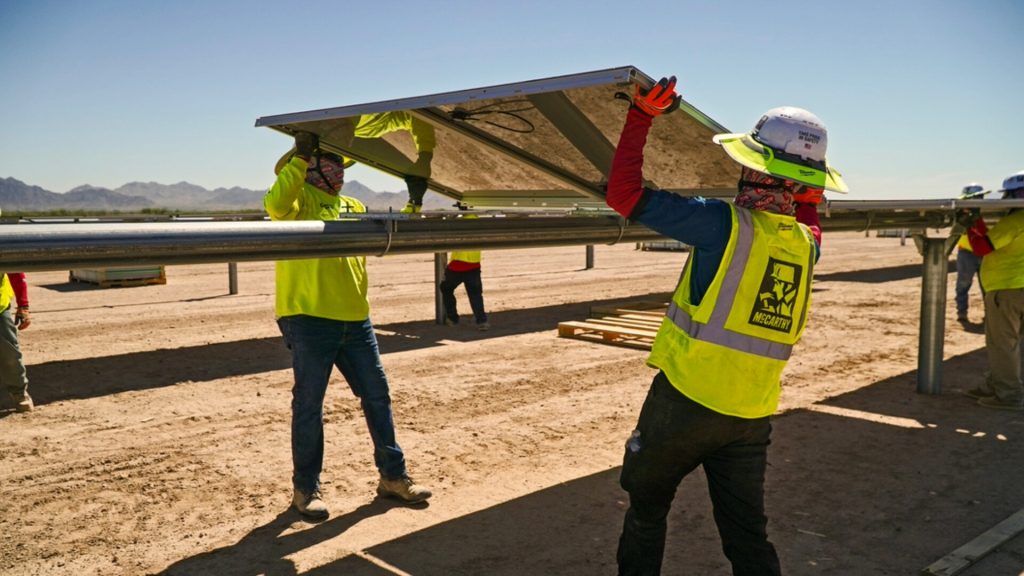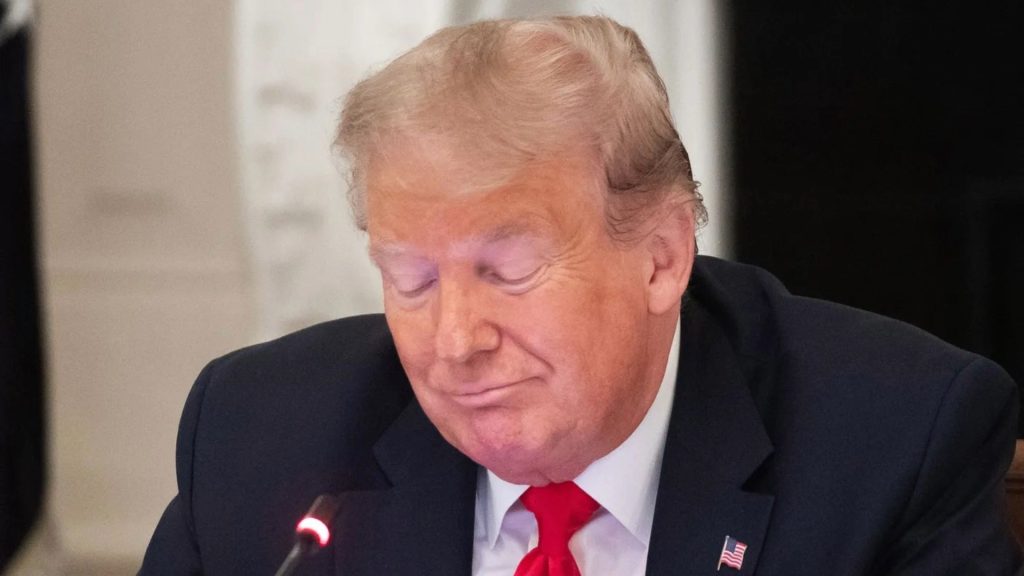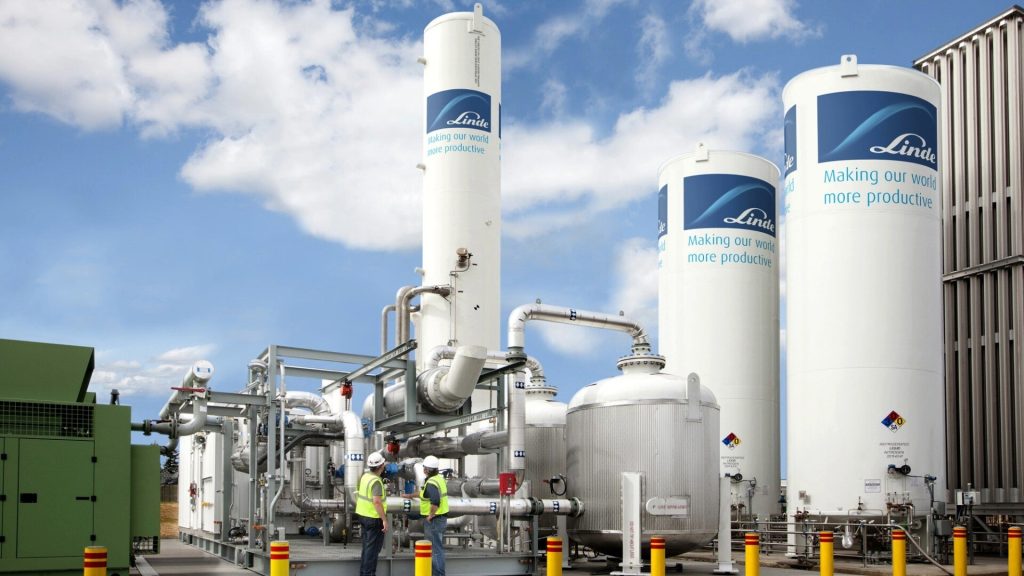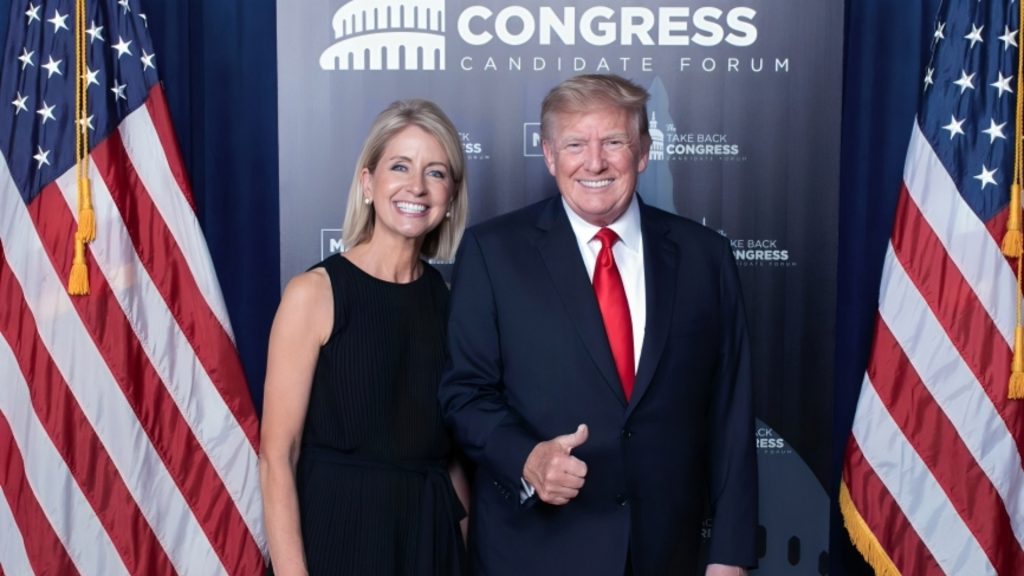Republican states like Texas benefit a lot from the Inflation Reduction Act (IRA). If Donald Trump gets re-elected and decides to cancel the landmark deal made by the Biden administration, these states could lose billions of dollars in investment.
A Trump campaign official said in November that Trump will reduce a lot of that spending if he wins. In February, people close to Trump said he was targeting the IRA.
Repealing The Inflation Reduction Act
The act which was passed in 2022 provides $500 billion in investment for building infrastructure necessary for a shift to a greener economy. Experts believe that getting rid of the act will be difficult.

They also say it could make states like Texas lose out economically to countries like China. Plus, it might end up keeping the prices of fossil fuels in the US higher.
Texas A Big Winner From IRA
Doug Lewin is a leading consultant on the energy industry in Texas. He told Newsweek in an interview that the IRA is another industrial policy disguised as climate policy. “We’ve seen this wave of new manufacturing. This is really starting to give us a share in the United States of the clean energy economy,” he added.

An analysis by energy consultancy RMI revealed that Texas is the biggest gainer from the IRA. By 2030, it will have received $131 billion in investments.
GOP States Reap Per-Capita IRA Benefits
It is also among GOP states that will receive the most per-capita funding. They include Wyoming ($12,300 per person by 2030), North Dakota ($10,700 per capita), and West Virginia ($9,100 per capita).

The investments are encouraging projects like big battery storage places in Georgia and Arizona, and solar farms in Texas and Alabama. Because of this, politicians might be hesitant to take away this boost for the economy.
Senate Hurdles Lie Ahead
According to Roger Karapin, a professor of political science at Hunter College, City University New York, who specializes in environmental policy, the IRA would be difficult to repeal.

He explained to Newsweek that this will require obtaining 60 votes in the Senate. Alternatively, if Congress were to pass a major reconciliation bill, Trump would need to ensure the support of almost all Republican senators, given the slim margin they are likely to have in the Senate.
IRA Benefits Stir GOP Concerns
Karapin noted that since the IRA provides disproportionate benefits to Republican states and regions, some Republican senators might defect. Though that wouldn’t be too surprising.

He added that during Trump’s first term, many of his policy priorities struggled to gain support and pass in Congress, despite Republican control from 2017 to 2018.
Likely Businesses Fallout from IRA Repeal
If Trump tries to get rid of the IRA, it could likely cause a major uproar in some parts of the business world. A lot of energy projects rely on money from the IRA, and some might not even work without the tax breaks it gives.

Doug Lewin said getting rid of the IRA wouldn’t help Texas’s energy industry. He hopes that businesses will speak out against it, but he’s not sure how much influence they have with Trump.
Republican Divide: Taxes Vs. Social Issues
He also mentioned that there’s a split in the Republican Party between those who care more about low taxes and regulations and those who focus more on social issues, even if it hurts businesses.

Roger Karapin said that while taking away parts of the IRA would upset some industries, the Republican Party doesn’t always listen to what businesses want. Still, most businesses are okay with this because they like the lower taxes and regulations that come with Republican control of the government.
Contradicting Policy Goals
If Trump manages to push through a repeal bill despite opposition from upset business leaders, it could backfire on him and contradict some of his policy goals. In 2020, Trump offered tax credits to encourage companies to move their manufacturing operations from China, promising to reduce reliance on the country.

During his 2024 campaign, he emphasized bringing jobs back to America. Lewin, a solar power developer in Texas, mentioned a recent conversation with a colleague who was starting a joint venture to establish a manufacturing base near Houston.
Shift In Solar Manufacturing
This move came after years of buying panels from China, thanks to the economic opportunities created by the IRA. Abandoning these opportunities would mean the future of solar and battery production returning to China.

Lewin also highlighted Texas’s growing hydrogen energy industry, which aims to produce combustible gas through electrolysis of water.
IRA Boosts Clean Hydrogen Industry in Texas
The IRA provides various tax credits to support this industry. Clean hydrogen production is expected to become cheaper in Texas by 2030 compared to China and other global producers, positioning Texas as a key player in the global market.

As the fossil fuel refining industry is a major consumer of hydrogen, producing clean hydrogen would help reduce its carbon footprint.
Potential Repeal Risks
Lewin pointed out that if the benefits provided by the IRA were repealed for the industry, it could discourage businesses from investing, potentially leading to job losses in the state in the number of tens of thousands. Trump’s energy policy has focused heavily on supporting the fossil fuels industry.

He has promised to approve more extraction to lower domestic prices if re-elected in November. At a rally in January, he declared, “We’re going to drill, baby, drill.” While this stance may upset environmentalists who want to reduce oil production, eliminating the IRA might actually keep oil and gas prices higher for longer.
IRA Decision Could Be Taken Without Congress’s Input
Lewin said that while it was “hard to estimate the number of jobs that would be lost” if the IRA was taken away. Even in the event that Trump is unable to annul the IRA-or is dissuaded from gutting it over the potential consequences-there are levers he can trigger to cut it down without needing to pass through Congress.

Karapin said that a new Trump presidency could undermine it through administrative actions too. He singled out Internal Revenue Service guidance on eligibility requirements for electric vehicle purchase credits and tax credits for charging station construction as an example.






